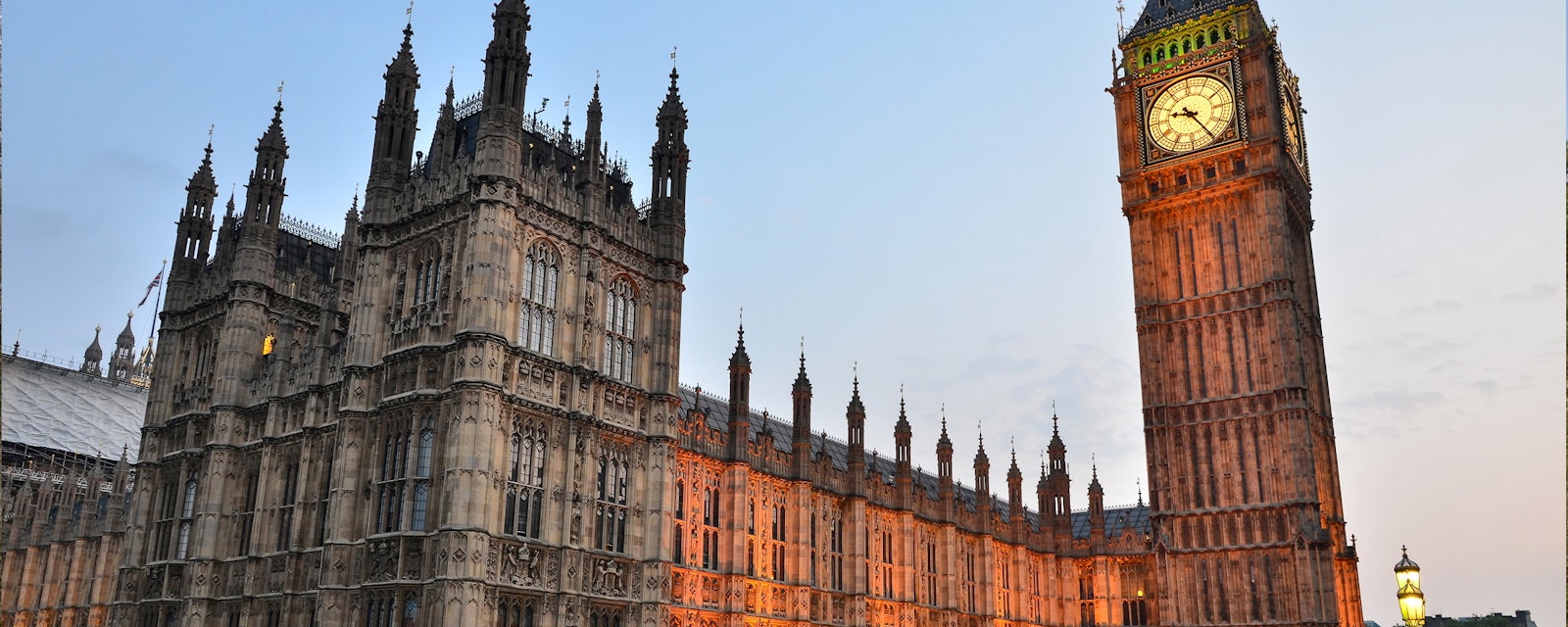Below please find key take-outs from our September 10th panel with the Rt Hon Andrea Leadsom MP, former Secretary of State for Business, Energy and Industrial Strategy; Matt Frei, Channel 4 Europe Editor; Amber Rudd, former Home Secretary; Poul Skytte Christoffersen, former Danish Ambassador to the EU, former Head of Cabinet in the European Council and Teneo Senior Advisor, and chaired by Principal of Teneo’s Situations and Politics practice and former Downing Street Director of Politics and Communications, Craig Oliver.
Key takeaways
- Brexit is back on the agenda and nobody is happy about it. Whilst the media may relish the return of this long running saga, it was clear that both panelists and attendees agree that this uncertainty is the last thing business needs during a global pandemic. The panel were in complete agreement that businesses need certainty and at least the self-imposed October deadline MAY provide that.
- The government’s admission that they intend to break international law has dominated headlines this week and was a major issue for the panel too. Whilst there was disagreement about the rationale for the move or whether the threat of it deserved such reprimand, both former ministers agreed that the government should not be seeking to break local or international law.
- In a microcosm of the Brexit negotiations as a whole, the panel disagreed over why both sides had failed to make progress ON state aid. Whilst the Conservative Party is no natural fan of state aid, the Government are committed to diverging from the EU’s standard. On the other side, it was suggested that the German government has little appetite for more relaxed rules for the UK which could enable British manufacturers to get a head start over their German competitors IF THERE IS NO DEAL.
- Perhaps the most concerning element of the discussion was the sense that negotiators on both sides are simply exhausted, meaning that willingness to compromise is low. Trust has been eroded on both sides and this is a major obstacle to progress. Now EU negotiators who previously couldn’t fathom no deal are at least preparing themselves – though not yet resigned - to a no deal outcome. Also, Covid-19, the threat from Russia and disdain for Trump has brought the European bloc closer together
- We couldn’t finish without asking each of the panellists what they thought were the chances of a deal. The overall outlook was pessimistic with the general consensus that there was a 40% or lower chance of a deal. However, all parties recognised the potential for limited sector specific agreements. Of course, it remains possible that what is happening now is brinkmanship in a time limited negotiation and concessions that will unlock a deal are saved until the last moment.
The views and opinions in these articles are solely of the authors and do not necessarily reflect those of Teneo. They are offered to stimulate thought and discussion and not as legal, financial, accounting, tax or other professional advice or counsel.




